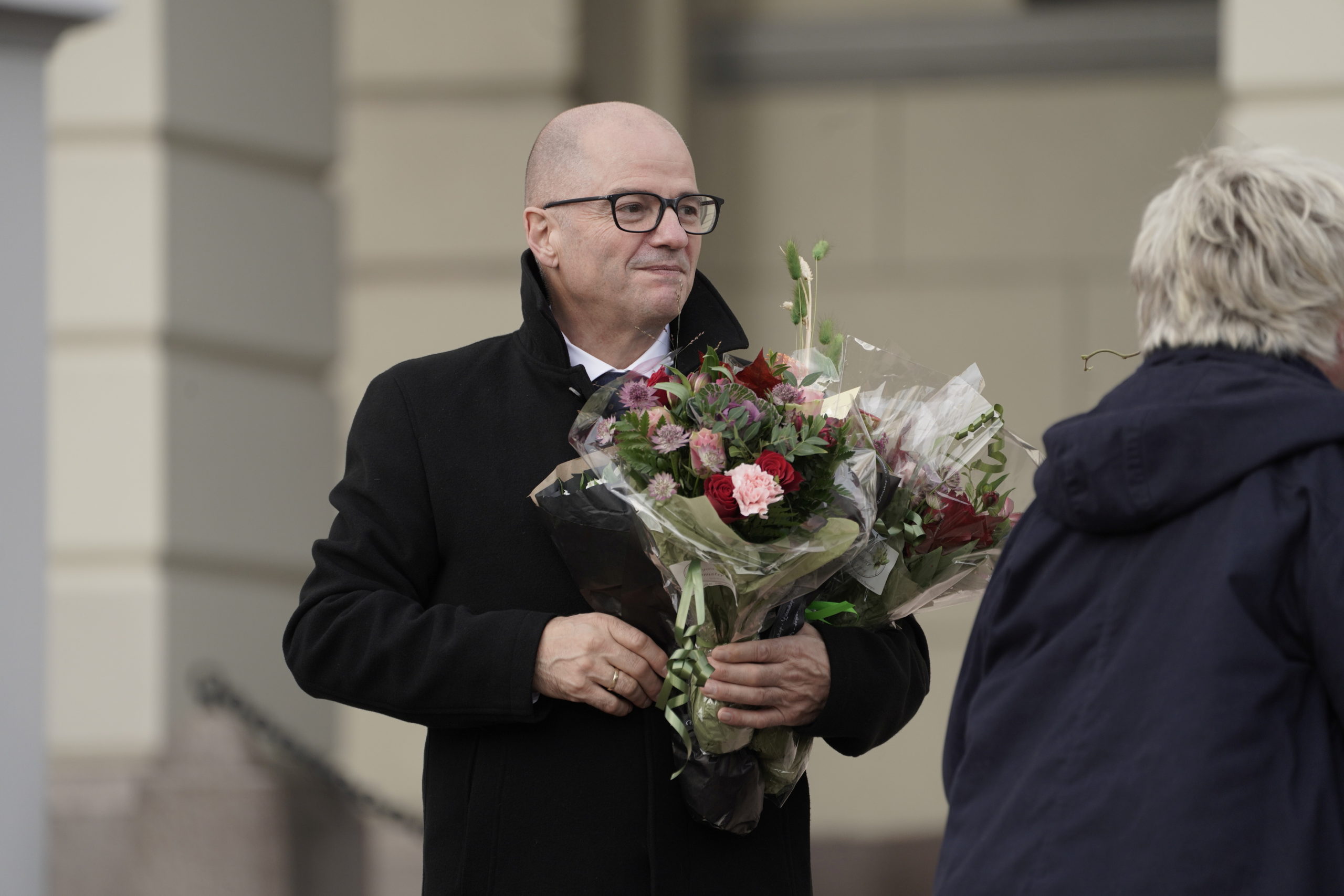Norway adds troops to NATO force in Lithuania, sees no spillover risk in Arctic
"We want to contribute to a strengthened allied presence and security in the Baltics to show solidarity with our allies."

OSLO — Norway said on Tuesday it will increase its contribution to NATO forces in Lithuania by up to 60 troops due to the military situation in and around Ukraine.
The extra troops will be sent to Lithuania, where Oslo already has some soldiers, for an initial three months.
“We want to contribute to a strengthened allied presence and security in the Baltics to show solidarity with our allies,” Defense Minister Odd Roger Enoksen said.
Other countries have already sent reinforcements.
“We are grateful to Norway for its significant contribution to regional security,” Lithuanian Defense Minister Arvydas Anusauskas said in a statement.
Enoksen said that while Norway is concerned about tensions between the Western alliance and Russia, it sees no signs that any conflict would spread to the Arctic, where Norway shares a border with Russia.
No signs of Arctic escalation
Norwegian leaders have long been concerned that the confrontation between NATO and Russia could spill over in the Arctic, where both sides have increased their military presence in recent years.
But Oslo is not increasing its preparedness there, Enoksen told Reuters.
“We believe Russia’s interest is to isolate the conflict to Ukraine (if it happens) and we do not see signs of escalation in the North that would indicate a conflict would spread there,” he said in an interview.
[As tension builds over Ukraine, Norway grows increasingly worried about neighboring Russia]
Next month, some 35,000 troops from 28 nations, mostly NATO members, will train in Norway as part of a long-planned military exercise called Cold Response to practice defending Norwegian territory in cold-weather conditions in case of attack.
Russian observers have been invited but it was not clear whether they would come, Enoksen said.
Russia is planning a naval military exercise in the coming weeks in the Arctic.
Additional reporting by Andrius Sytas in Riga, writing by Victoria Klesty and Gwladys Fouche.